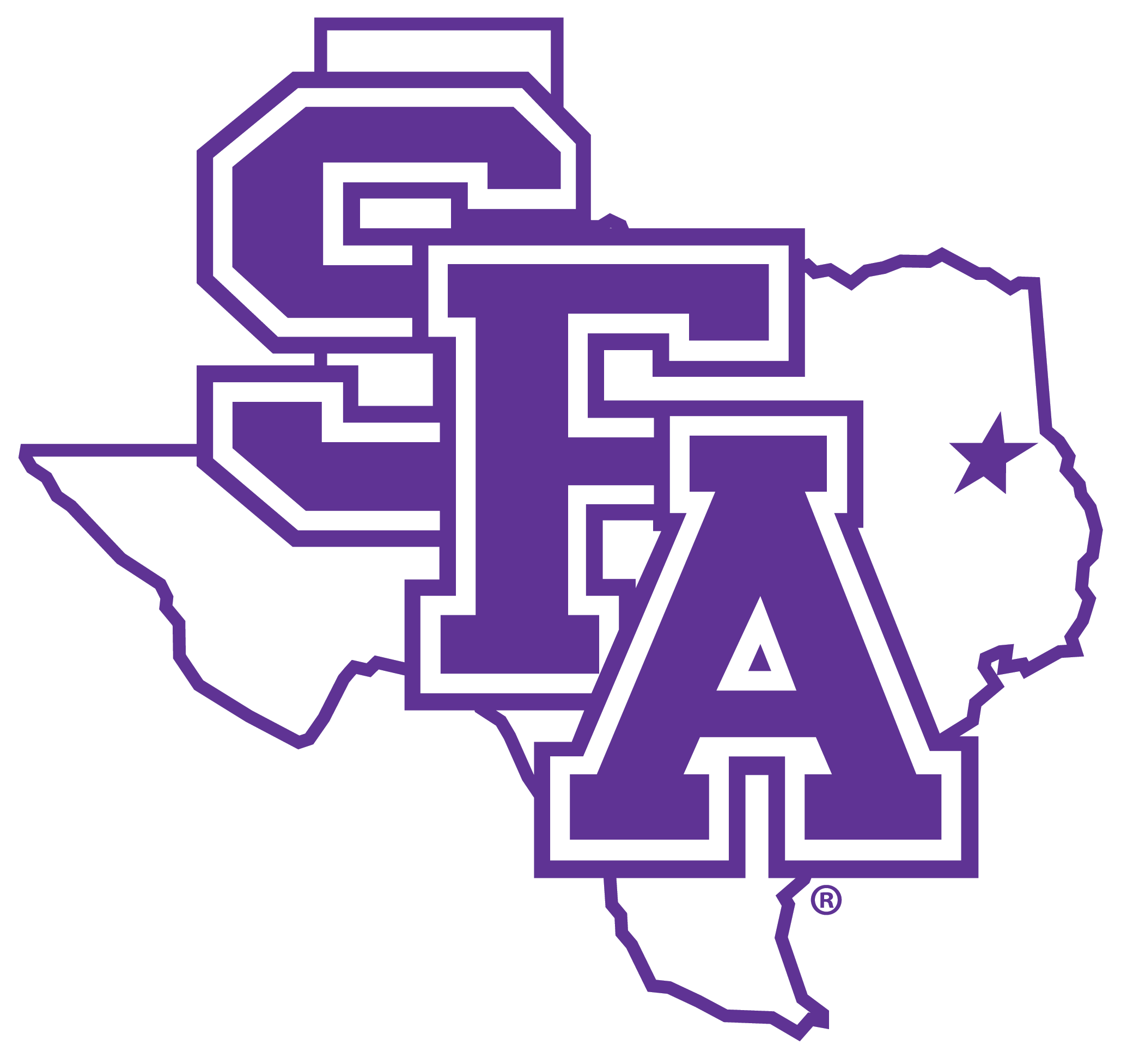Five unidentified kids
Scope and Contents
While ostensibly a genealogical collection detailing Ellen Landers’s ancestry going back more than 6 generations, the Ellen Landers Collection also offers valuable insight into topics such as the interstate slave trade, antebellum politics in Georgia, the 1856 Democratic National Convention, secession, and 1880s courtship etiquette. The majority of historical documents are correspondence to and from family and friends, but there are also bills and receipts, dance invitations, and one month of an 1852 diary. As an added convenience, Landers typed transcriptions for the majority of the correspondence. Genealogical materials include family trees, pedigree charts, obituaries, newspaper clippings and 90 family photographs. Geographically, the majority of documents pertain to Rusk, Smith and Wood Counties, Texas and Upson County, Georgia.
Items researchers might find of particular interest include:
Correspondence and a photograph pertaining to Lacy Drake, who was a Flewellen slave the family kept in contact with long after the Civil War. Drake received a letter in March 1897 from Enos R. Flewellen regarding her request for financial assistance. The letter also gave Drake the status of former Flewellen slaves still living in Thomaston, Georgia.
The papers of John J. Cary are full of intrigue, such as a letter from 1847 explaining why the President had to rescind his nomination of Cary as Georgia’s next attorney general; a letter from a friend urging Cary to move to Texas instead of being a politician in Georgia; correspondence and letters of recommendation from future Confederate States of America Vice President Alexander Stephens; and letters to and from his wife, Frances Flewellen Cary, regarding their family, the 1856 Democratic National Convention, and dining with the President.
A. L. Landis had a number of business interests in the antebellum North and South, including buying/speculating on slaves. He sent Henry G. Landers six letters from 1853 to 1856 describing his extensive travels, business dealings, and family affairs.
Dates
- Creation: 1791-2006
Creator
- From the Collection: Landers, Ellen (Person)
Conditions Governing Access
Open for research.
Extent
From the Collection: 1.50 Cubic Feet
Language of Materials
English
Repository Details
Part of the East Texas Research Center Repository
